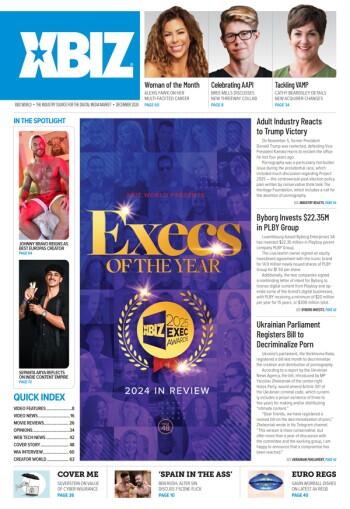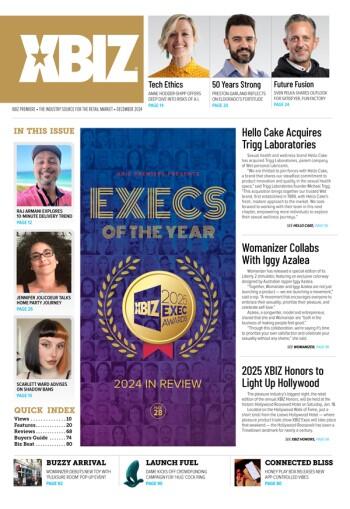Attorney Lawrence Walters, who represented the adult entertainment industry at the meeting, told XBIZ he was encouraged by some aspects of the meeting, but concerned about others.
"All of major players were there, and it's a good thing that the adult industry was represented there, too," Walters said. "That's a good thing. And it was good to see so many people talking about free speech concerns; it makes you realize that maybe the government has started to learn its lesson over the years. But it was disheartening to be the only adult industry representative in the room."
But Walters was cautious about other aspects of the meeting, adding that few people in the room seemed to understand the difference between adult entertainment and illegal content such as obscene material and child pornography. "We have a long way to go as an industry to educate people," Walters said.
According to Walters, the primary focus of the meeting was the new world presented by Web 2.0 applications such as blogs and social networking sites, where children often need to be protected from themselves.
“Every day, there's a story about how people are finding new ways to access pornography and other inappropriate content on the Internet,” Balkam said. “The Nintendo Wii had been out less than two months before someone found out how to use it to look at porn. In this always-on digital world we need new tools and methods to reach parents and children alike with a new safety awareness. The Institute will bring together the leading thinkers, innovative technologies, effective educators and enlightened legislators to make this a reality.”
FOSI, which has the backing of Internet and technology notables such as AT&T, Cisco Systems, Microsoft and AOL Europe, is part of the solution to what Balkam called the larger problem of protecting children online.
“We don't believe labeling is some kind of silver bullet,” Balkam said. “Labeling is one tool in a range of tools that's going to be needed to tackle this problem.”
ICRA began as a voluntary self-labeling tool for webmasters. To date, more than 200,000 websites have registered with ICRA, with 70 percent of the sites displaying content that does not contain nudity, sex, adult language or violence. According to Balkam, there are more than 100 million websites, meaning voluntary labeling is far from a panacea.
Larry Magid, founder of SafeKids.com, agreed with Balkam that protecting children online is a bigger issue than labeling, especially with the emergence of blogs and social networking sites.
“It's not just about, 'Let's protect kids from inappropriate content being produced by adults.' That's still there,” Magid said. “But there's so much more. There's kids producing material. There are children producing their own pornography.”
Walters said the goal of FOSI should be to educate children about child protection. "We spend a lot of time teaching kids about technology, but we don't pay very much attention to teaching them how to protect themselves online," Walters said.
With the launch of FOSI, the organization’s budget is expected to double to $1 million within the year.
Balkam, who is the institute's CEO, said his group would host a series of round-table discussions involving educators, lawmakers and corporate executives in the U.S., Mexico and Europe.







